Since last we met…
In Case You Missed It:
“Same-Sex, Different Attitudes,” by Kathy Hull. A historical look at the push for marriage equality and the shifts in Americans’ attitudes toward civil rights for gays and lesbians.
“The Return of the Confederate Flag,” by C.N. Le. A 2008 piece examines the resurgence of the Confederate Flag and considers its changing meanings in changing macro-level contexts.
There’s Research on That!
“How Misdemeanors Maintain Inequality,” by Evan Stewart. Research shows that “misdemeanor justice” has a lot of unintended consequences.
Office Hours Podcast:
“Greta Krippner on the Politics of Financial Crisis,” with Erik Kojola. Discussing how the American economy became dangerously dependent on credit and speculation.
Discoveries:
“Political Power and Protest Can Undermine Crime,” by Evan Stewart. New Social Problems research shows that when protest leads to accrued political power, crime goes down in previously underserved communities. more...

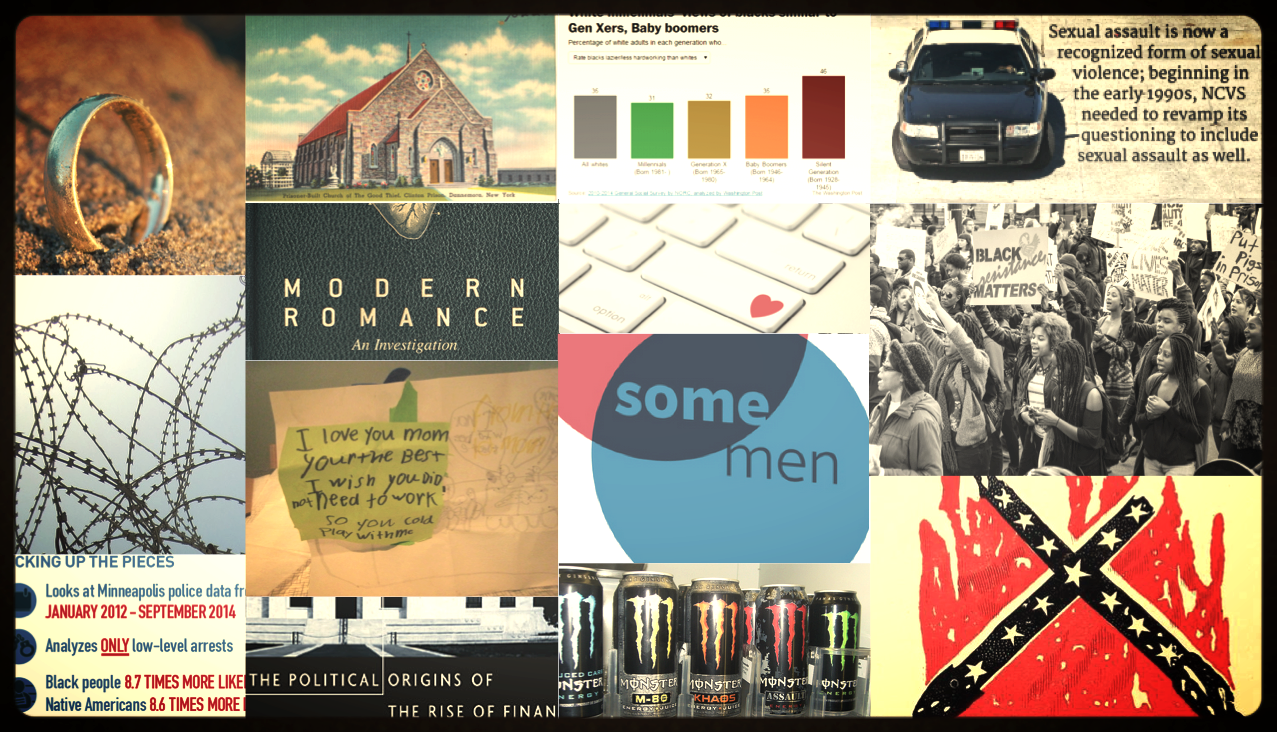

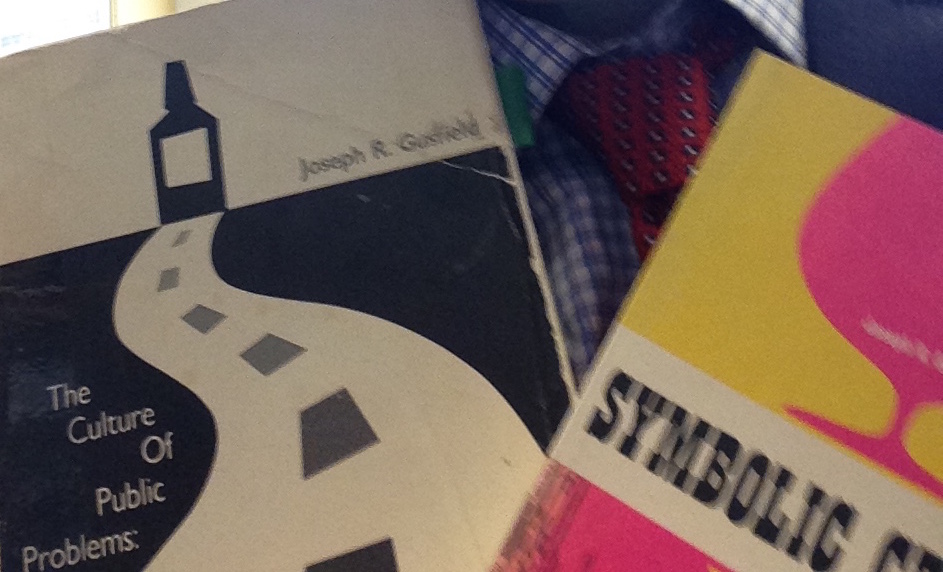
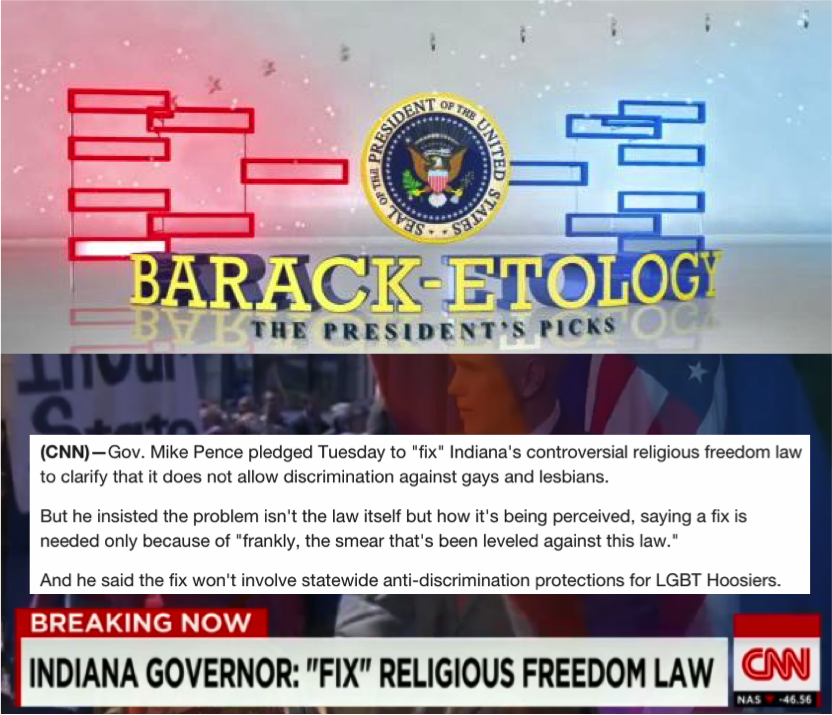
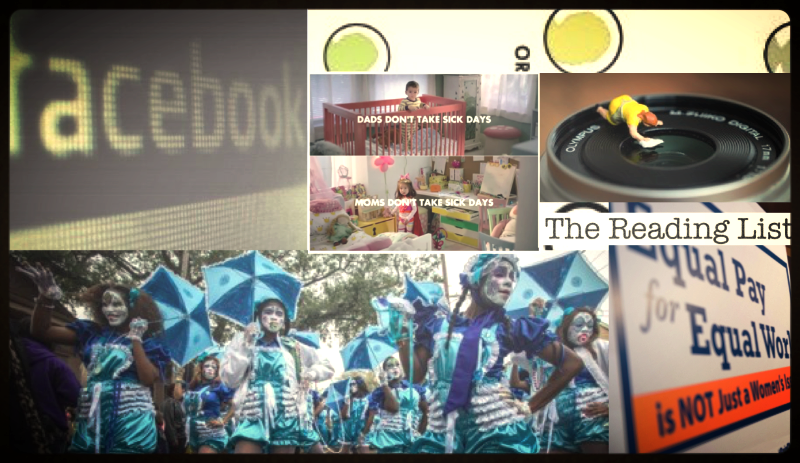
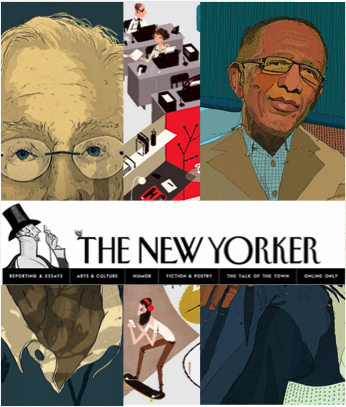
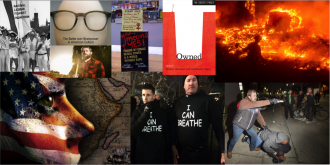
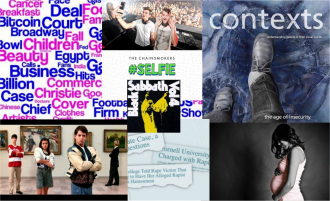 Semesters come and go, but The Society Pages, much like the rest of society, keeps on keeping on, summer, spring, winter, or fall. Last week we finished up delivering the content for our next TSP volume (Owned, a look at the new sociology of debt), this week we’ll have our editorial “Retreat to Move Forward” (h/t “30 Rock,” though without the Six Sigma), and next week we’ll deliver the content for the fifth TSP volume, a culture reader. Last week also saw the arrival of the latest issue of the ASA’s Contexts magazine, with all content available online for free for the first time ever. Like anyone, when we’re mired in this much work, it’s often hard to see the milestones as true achievements or notice the big picture project that’s getting accomplished day by day. To that end, let me be the first to say congratulations to The Society Pages on its first five books, its first two years, and its tremendous achievements in using sociology to contextualize the news.
Semesters come and go, but The Society Pages, much like the rest of society, keeps on keeping on, summer, spring, winter, or fall. Last week we finished up delivering the content for our next TSP volume (Owned, a look at the new sociology of debt), this week we’ll have our editorial “Retreat to Move Forward” (h/t “30 Rock,” though without the Six Sigma), and next week we’ll deliver the content for the fifth TSP volume, a culture reader. Last week also saw the arrival of the latest issue of the ASA’s Contexts magazine, with all content available online for free for the first time ever. Like anyone, when we’re mired in this much work, it’s often hard to see the milestones as true achievements or notice the big picture project that’s getting accomplished day by day. To that end, let me be the first to say congratulations to The Society Pages on its first five books, its first two years, and its tremendous achievements in using sociology to contextualize the news.